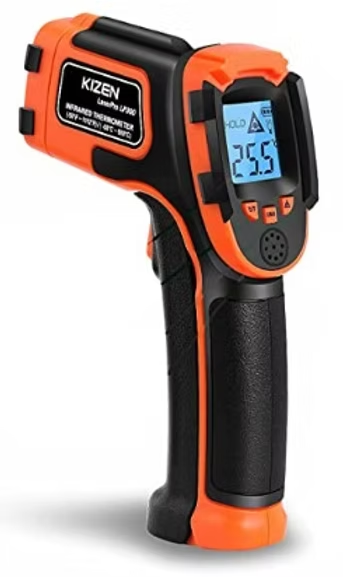Some possible solutions
- Blood pressure
- Compression socks
- Epson salt baths
- Extensive blood work
- You need to know all your inflammatory markers
- Autoimmune paleo diet
- What’s your vitamin D level
- What’s your homocysteine level
- DMSO with hydronic acid
- DMSO with magnesium
- App do you have mold
- What are your sugar levels
- Soaking your feet in warm water
- Vitamin E
- Taurine
- Vitamin C
- NAC
- Temperature difference from need a foot
- Balance problem
- Cerebellum problems
Achilles Tendon Pain
Let’s talk about the Achilles tendon. Many people suffer from tightness, pain, or inflammation in their joints. One common area for these problems is the Achilles tendon. In this article, I will discuss these common issues, and look at a 3D model of your tendon to help you understand what is happening and how to treat it.
The bone that makes up your heel is called the calcaneus. The Achilles tendon connects your calf muscles to this bone at the back of your foot. This tendon is the thickest, strongest tendon in your body.
Tendons are unique, because they do not have direct blood flow, like muscles do. They instead work through osmosis, sort of like a sponge absorbing water. This lack of blood flow is one contributing factor to long recoveries from tendon-related injuries, such as ACL problems in athletes.
Why is the Achilles Tendon a Common Problem?
Another feature unique to the Achilles tendon is its lack of bone structure support. Other tendons in your body, especially tendons in your feet, are supported by a number of bones all around them. The Achilles tendon, on the other hand, has a lot of empty space near its connection to the calcaneus. This may be one reason why it is often a “weak link” in the body.
Because the Achilles tendon is the largest tendon with the least amount of blood flow, and a lack of support, it can be highly affected by some of your other underlying conditions.
For example, if you have poor blood pressure then your blood vessels and arteries around the Achilles tendon will not be able to properly deliver oxygen and nutrients to the tendon. This can cause damage in the long term.
Your Achilles tendon is also highly susceptible to inflammation. I have many different posts about inflammation on this blog, which you can find with a quick search. I also have many articles about tendons, since they pop up so frequently as secondary conditions to other problems you may be experiencing.
It is important to check all of your markers of inflammation. Blood work is crucial to understanding your inflammation issues, as are your homocysteine levels. You may need to check your DMSO with magnesium, allergies, exposure to mold, and much more can all cause inflammation which will affect your Achilles tendons.
Other Causes of Achilles Tendon Problems
Another symptom to watch out for is the temperature difference between your legs and the rest of your body. If your knee is at 90F, but your Achilles tendon is only 80F, then you likely have a problem with blood flow. You can check your temperature with any infrared thermometer like this:
Brain and cerebellum problems caused by some sort of head trauma can cause issues with your Achilles tendon as well. Improper, or lacking communication from your brain to these body parts can cause issues, including balance problems. Balance issues themselves can also add to your Achilles tendon issues.
There are many solutions to problems with your Achilles tendon. They can be as simple as wearing compression socks or soaking your feet in epsom salt baths and warm water. The heat encourages better blood flow, which will lead to better healing in your tendon.
Vitamin E is a natural antioxidant which helps protect tissues. Taurine and Vitamin C are also very helpful to maintain tendon health.
If you are suffering from Achilles tendon pain, or other tendon problems, please reach out to me. We can run diagnostics and help find you solutions to your health problems. Always remember: where there’s help, there’s hope.
If you are struggling with Achilles tendon pain, contact Dr. Hugh for a consultation!
Frequently Asked Questions (FAQ)
The Achilles tendon connects the calf muscles to the heel bone (calcaneus). It is the thickest and strongest tendon in the body, but it has limited blood flow, which can make healing from injuries slower.
Achilles tendon pain is common because this tendon has poor blood flow and limited bone support. These factors, combined with issues like poor circulation, inflammation, or underlying conditions, make it more vulnerable to injury and damage.
Inflammation in the Achilles tendon can be triggered by poor blood circulation, high homocysteine levels, mold exposure, autoimmune conditions, or systemic inflammation. It is important to check inflammatory markers through blood work.
Solutions include wearing compression socks, soaking feet in warm water or epsom salt baths, and taking supportive nutrients like Vitamin C, Vitamin E, taurine, or NAC. Improving blood flow and addressing underlying health conditions are also essential.








